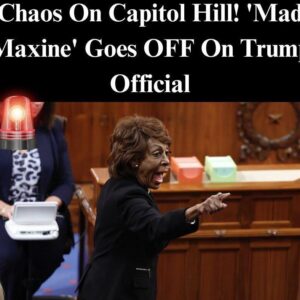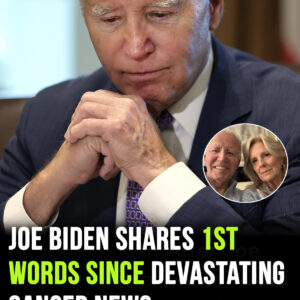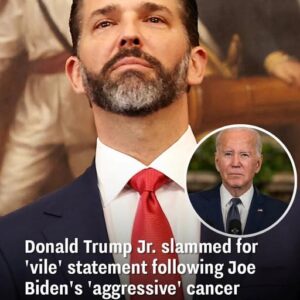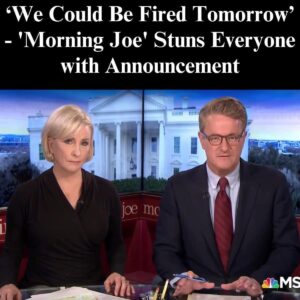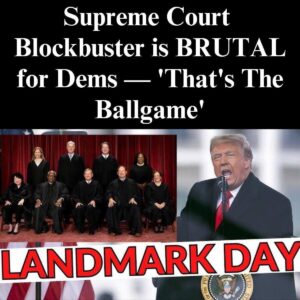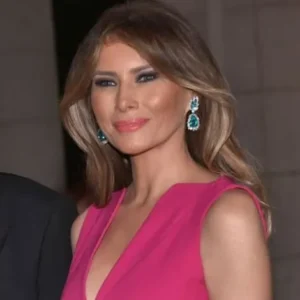In a major legal development, the U.S. Supreme Court has issued a ruling that significantly alters the interpretation of presidential immunity. The decision stems from a high-profile case and has sparked intense public and legal debate over the extent to which a president can be held accountable for actions taken while in office.
A Divided Decision
The Court ruled in a 6–3 vote that former presidents are entitled to absolute immunity from criminal prosecution for official acts tied to their constitutional duties. However, this protection does not apply to actions deemed unofficial or outside the scope of presidential responsibilities. While the ruling does not completely shield a president from legal scrutiny, it limits the ability of prosecutors to pursue charges related to certain executive decisions.
Impact on Pending Legal Proceedings
One immediate effect of the decision is the postponement of ongoing legal cases involving actions taken during a presidential term. Analysts say that this delay may influence the timeline of any future proceedings and could have ripple effects across multiple areas of governance and law enforcement.
Support and Concern
Reactions to the ruling have been sharply divided. Supporters argue that it preserves the balance of power between branches of government and ensures that presidents can fulfill their duties without fear of legal retaliation for political decisions. They suggest that the ruling strengthens executive independence in a system designed with checks and balances.
Opponents, however, express concern that the decision may set a precedent that allows future leaders to act without sufficient legal oversight. Legal scholars and public figures warn that it could open the door to abuse of power, undermining long-standing principles of accountability and the rule of law.
Broader Legal and Public Implications
This landmark decision is expected to influence how presidential actions are evaluated in court moving forward. Legal experts note that distinguishing between official and unofficial conduct could become a central issue in future cases involving executive behavior.
As the country continues to grapple with questions about leadership accountability, this ruling stands as a pivotal moment in the ongoing discussion about the limits of presidential power. Observers will be closely monitoring how this interpretation of immunity is applied in practice, and what it means for the future of democratic governance in the United States.
